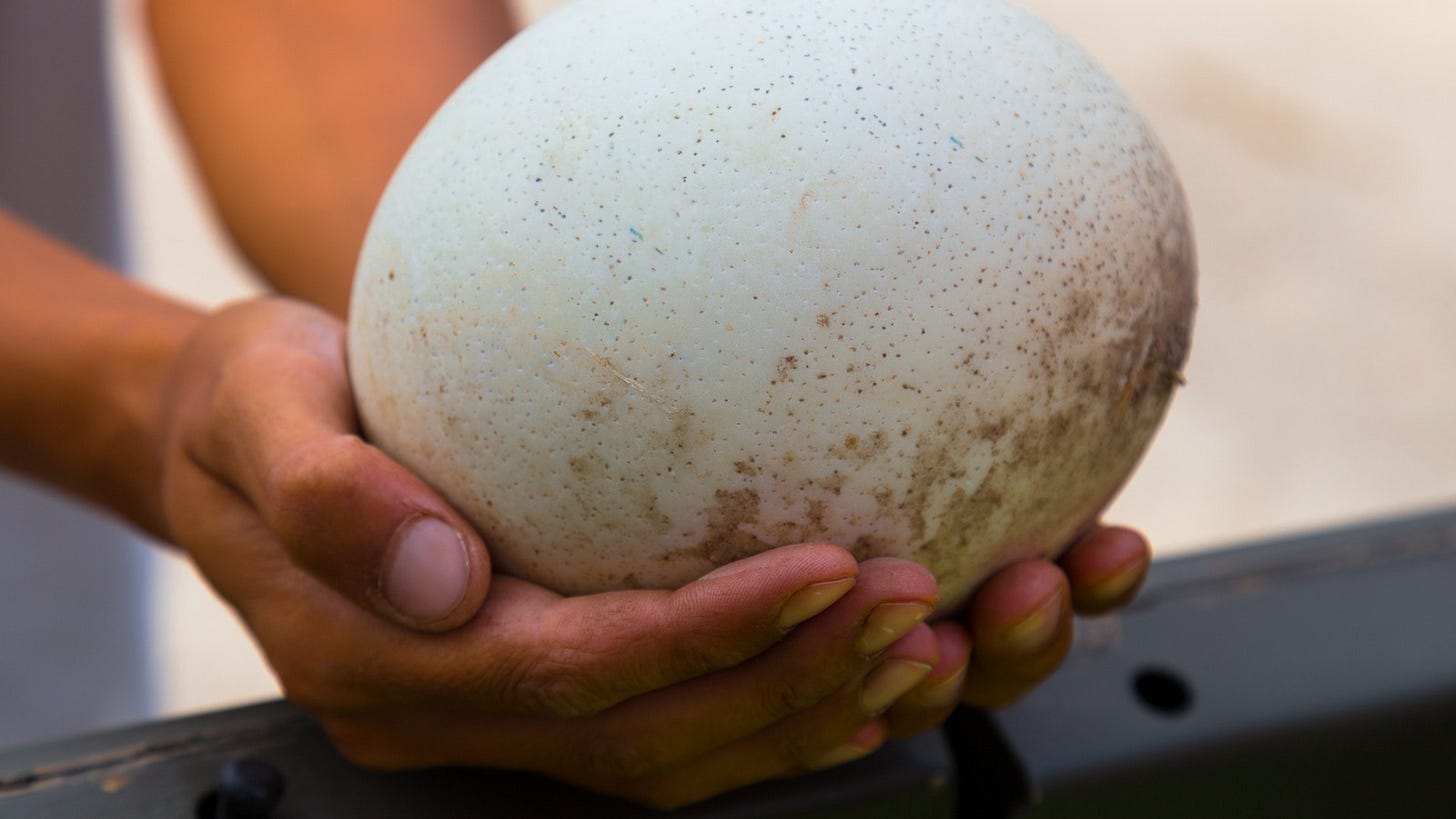The Fight to Save 398 Ostriches in British Columbia: A Test of Ethics, Science, and Policy
A looming cull raises questions about animal welfare, scientific research, and public trust
A quiet farm in British Columbia has suddenly become the center of a storm that touches on ethics, science, and government policy. Universal Ostrich Farms, a family-run operation with more than 30 years of history, is under order from the Canadian Food Inspection Agency (CFIA) to cull its entire flock of 398 ostriches.
The farm has appealed, but after a recent court decision upholding the order, the cull is scheduled to proceed in the coming days.
The trigger: two positive tests
The CFIA’s decision stems from two ostriches that tested positive for avian influenza in December 2024. While the farm complied with required protocols, the rest of the flock (nearly 400 birds) remain healthy nine months later. Despite this, the CFIA continues to cite precautionary measures to justify mass culling.
Farm representatives argue this is disproportionate and unnecessary. They point out that the flock shows no signs of illness and appears to demonstrate natural resistance to avian flu.
The concept of culling flocks to eliminate H5N1 makes no sense at all, whether for chickens or ostriches. Our August 2024 post, H5N1: What You Need to Know, explains the foundational science of H5N1 and makes this point very clear. The culling agenda is completely disingenuous.
Beyond farming: a global research project
These ostriches are not only livestock. For more than a decade, they have been central to international medical research in partnership with scientists, including immunology experts at Kyoto Prefectural University in Japan.
Ostrich eggs contain powerful antibodies that have been studied for their ability to:
Neutralize viruses such as avian flu and COVID-19
Combat bacterial infections and inflammation
Demonstrate potential in cancer research
Offer safe, natural therapeutic applications
This flock has attracted particular scientific interest because of its apparent resistance to avian flu, making the CFIA’s cull order especially controversial. Researchers warn that destroying these birds would erase decades of unique genetic data and undermine ongoing projects in natural medicine.
A clash of priorities
The cull order raises broader questions. Why destroy a flock with potential medical importance, particularly when the birds are healthy? Critics speculate that economic and policy pressures may play a role. For example, pharmaceutical companies recently received major government grants to develop avian flu vaccines, while natural alternatives like ostrich-derived antibodies may pose a disruptive challenge to established models of profit and control.
Equally concerning is the precedent being set: the government entering private property to destroy livestock based on suspicion rather than present disease. Farmers, researchers, and advocates warn that such actions erode public trust and threaten innovation in agriculture and medicine.
Public response and call to action
The situation has sparked outcry from citizens, scientists, and advocacy groups. Supporters of Universal Ostrich Farms have launched campaigns urging the government to pause the cull and consider the flock’s value to research, health, and biodiversity.
A dedicated website, SaveOurOstriches.com, provides updates and avenues for legal and financial support. Social media groups and livestreams from the farm owners have further amplified the story, turning it into a grassroots movement watched worldwide.
The fate of these 398 ostriches now rests at the intersection of law, science, and conscience. Whether they are destroyed or spared will send a signal about the balance Canada strikes between public safety, scientific discovery, and compassion.
At stake is more than the survival of a flock. It is a question of whether society values natural resilience and independent research, or whether these too can be culled in the name of safety.








Texas and Florida farmers have offered to take them. How utterly kind of our neighbours. Not at all like we are told America is by the media and carney
Thank you for sharing this important story Dr. Trozzi. This is truly a case of Government overreach and malfeasance.
I will contribute to their legal fees.